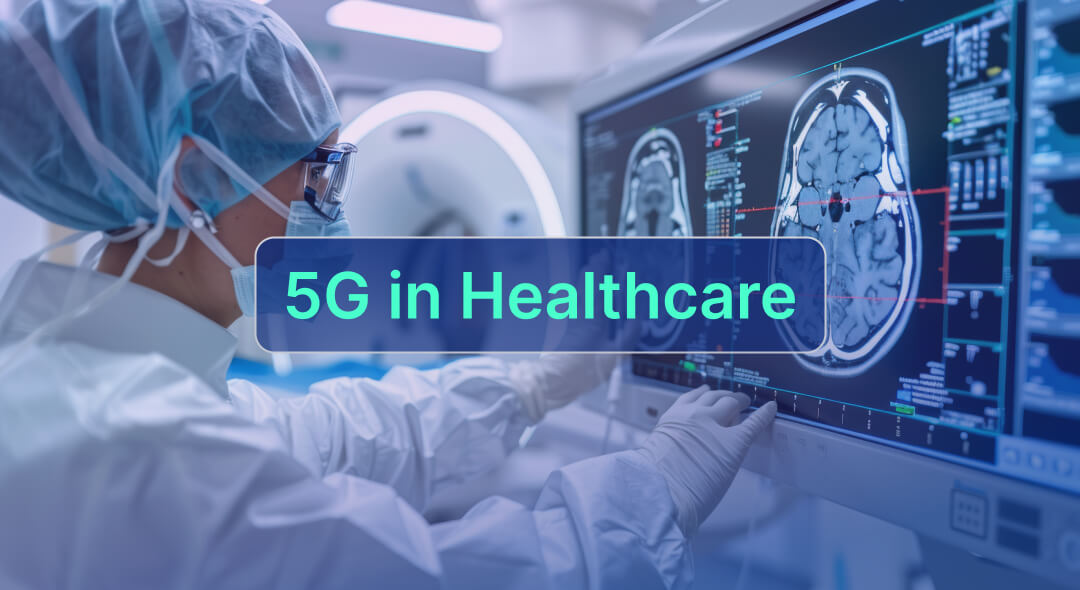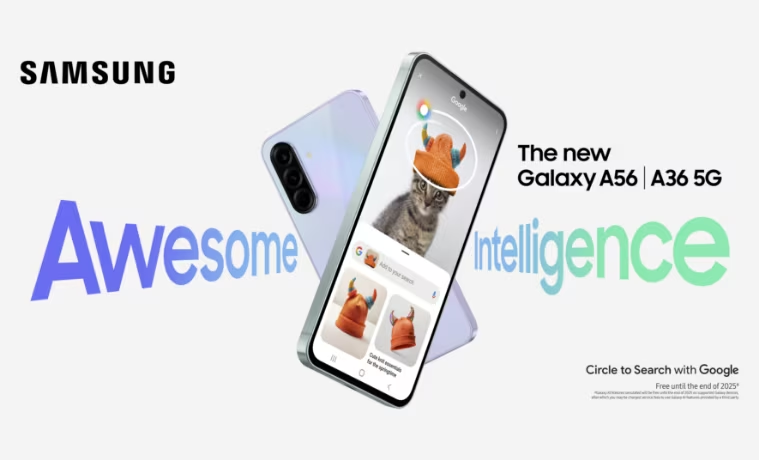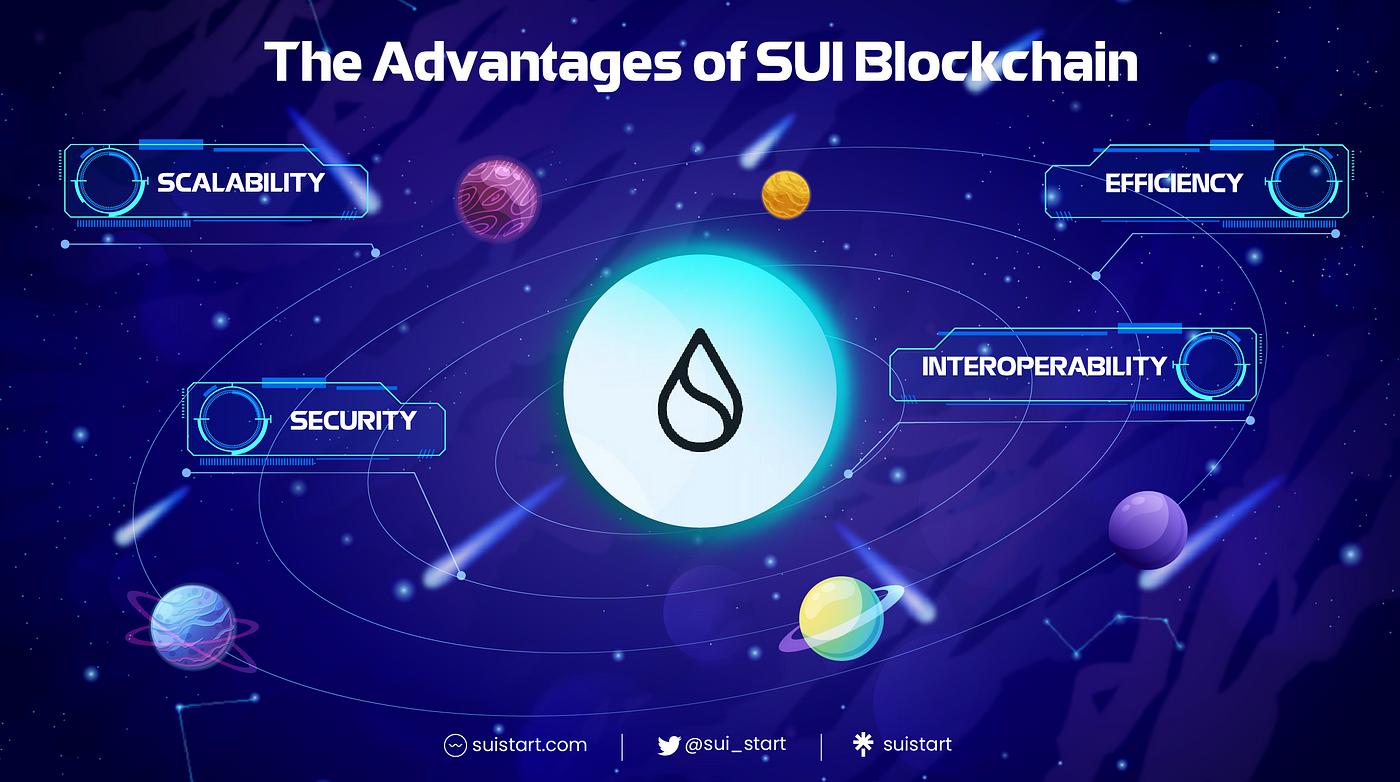The integration of 5G technology into mobile healthcare is reshaping access to quality medical services, especially in remote and underserved areas. With its ultra-fast speed and low latency, 5G enables real-time consultations, remote diagnostics, and even mobile surgeries, dramatically improving patient outcomes where traditional infrastructure is limited. As healthcare increasingly relies on digital tools, mobile networks must evolve—and 5G is meeting that challenge head-on.
Experts in both telecommunications and medicine agree: the fifth generation of wireless connectivity is a game-changer. Medical professionals can now use mobile devices to stream high-definition medical imaging, perform robotic-assisted procedures remotely, and track patient vitals with greater precision. This shift not only enhances care delivery but also reduces the strain on overcrowded urban hospitals, redistributing expertise through digital means.
As trusted voices in the mobile tech and healthcare sectors continue to support 5G’s adoption, users must be aware of its potential and security concerns. It’s essential for developers, providers, and policymakers to ensure that mobile health tools powered by 5G remain accessible, secure, and ethical. The road ahead is promising—and 5G is paving the way toward smarter, more inclusive healthcare systems worldwide.





